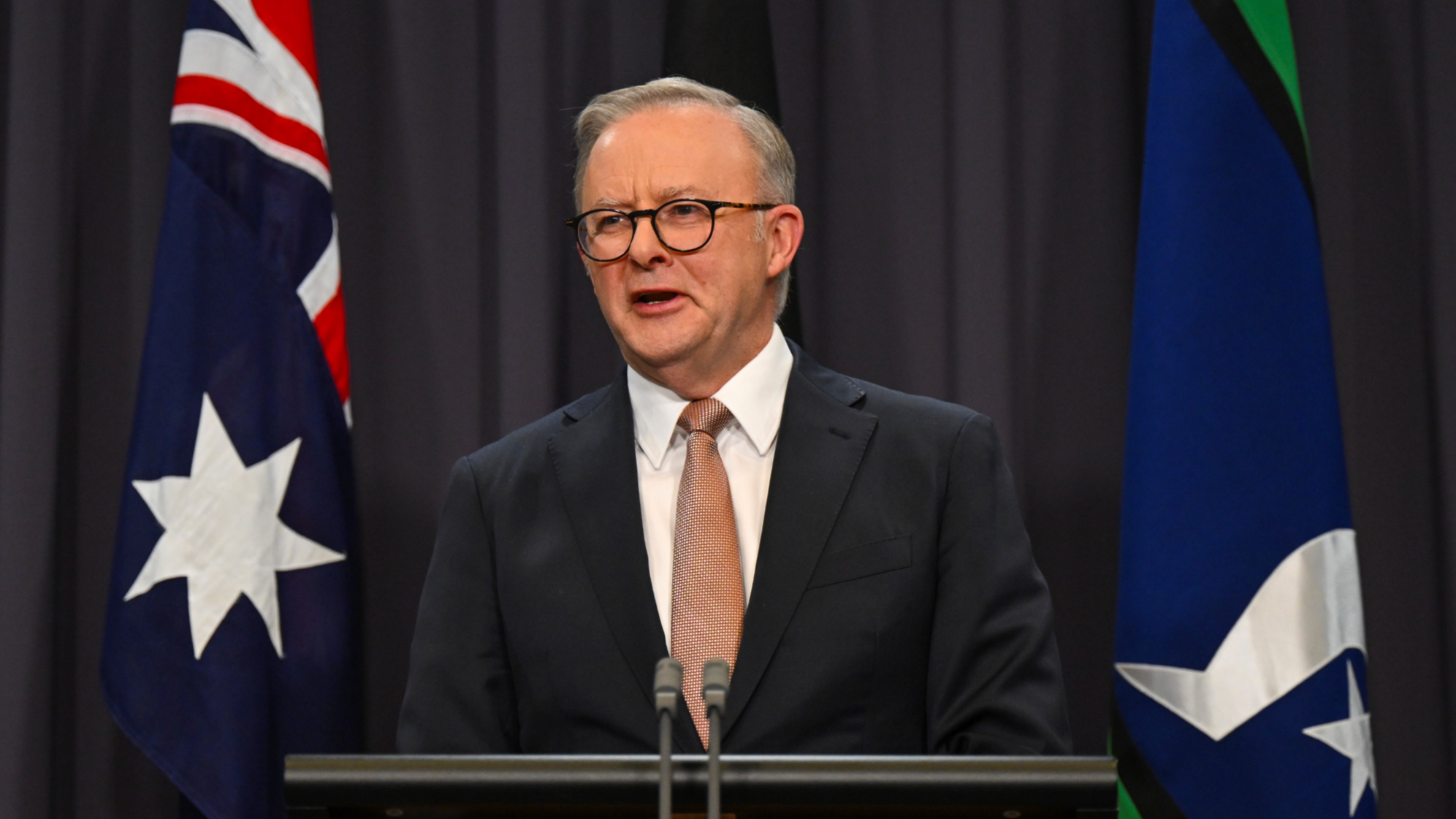
Australian Prime Minister Anthony Albanese recently announced plans to ban children from social media platforms amid growing fears that these sites are having a negative impact on their development.
He said parents would rather see their kids playing outside than scrolling on their phones.
With the rise of platforms such as Facebook, Instagram, X, and Snapchat, young people are constantly connected to their peers and the latest trends.
At the same time, social media has had an enormous impact on the mental health and well-being of its users, especially youth.
Health experts said that the overuse of social media can lead to feelings of inadequacy, anxiety, and depression as young people compare themselves with others and seek validation through “likes” and comments. It can also expose them to cyberbullying, online predators, and harmful content.
Under the government’s proposal, details of which have not been released, children below a certain age (widely reported to be 16) will be barred from social media platforms.
However, many analysts suggested that implementing and enforcing the ban might prove easier said than done.
Samantha Schulz, senior lecturer in the sociology of education at the University of Adelaide, said whether the government can actually ban a section of the community from using social media may be difficult.
ALSO READ: Australia threatens fines for social media giants enabling misinformation
“People of all ages have always navigated prohibition of various stripes and indeed, there is a risk that in prohibiting young people’s access to social media, may foster covert behaviors,” she told China Daily.
“The issue with this, is that problems located at the level of social media companies who have irresponsibly failed to properly regulate their platforms for social health, safety and well-being will be projected onto ‘problematic youth’.”
The government’s push for legal controls on children’s access to social media has been led by the South Australian government, which released a report from former chief justice Robert French on Sept 8.
The report recommended banning children under the age of 14 from accessing social media, while children aged 15 would need parental permission.
The federal government’s legislation will draw heavily on the French report.
Albanese said on Sept 10, “The safety and mental and physical health of our young people is paramount.
"Parents want their kids off their phones and on the footy field and so do I. We are taking this action because enough is enough.”
ALSO READ: Australia plans social media minimum age limit, angering digital advocates
Professor Megan Lim, deputy program director (disease elimination) and head of young people’s health at the Burnet Institute, said implementing a ban for children “would be difficult and would require an age verification system”.
She told China Daily: “We understand the eSafety Commissioner is working on a trial of age verification, which is a vital first step.”
She said she was not aware of age verification being used for social media elsewhere, although such verification is legislated for access to online pornography in some countries, including Germany and France.

Lim acknowledged that children today are tech savvy and could get around bans.
“My research has shown that children and parents see the value of online age verification,” she said.
“However, they aren’t sure if they can trust current technologies, so it will be important to test them and the method of implementation. We particularly need to engage with children and young people, and hear their ideas if the proposed changes are to be implemented effectively.”
She said social media can have both positive and negative impacts on children.
READ MORE: Australia gives internet firms 6 months to draft online child-safety rules
“For example, excessive time spent on social media can be a distraction from other tasks and activities; it can affect the restorative rest and sleep that children need, and take away from opportunities for exercise, sport and creative play.”


